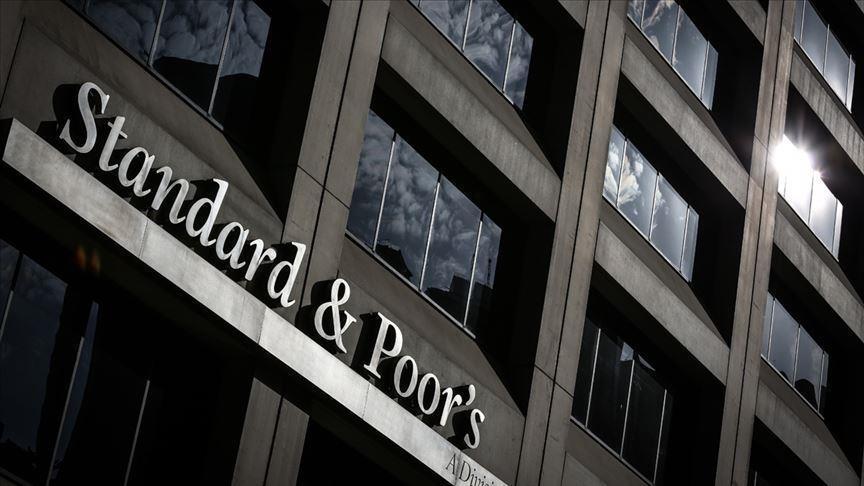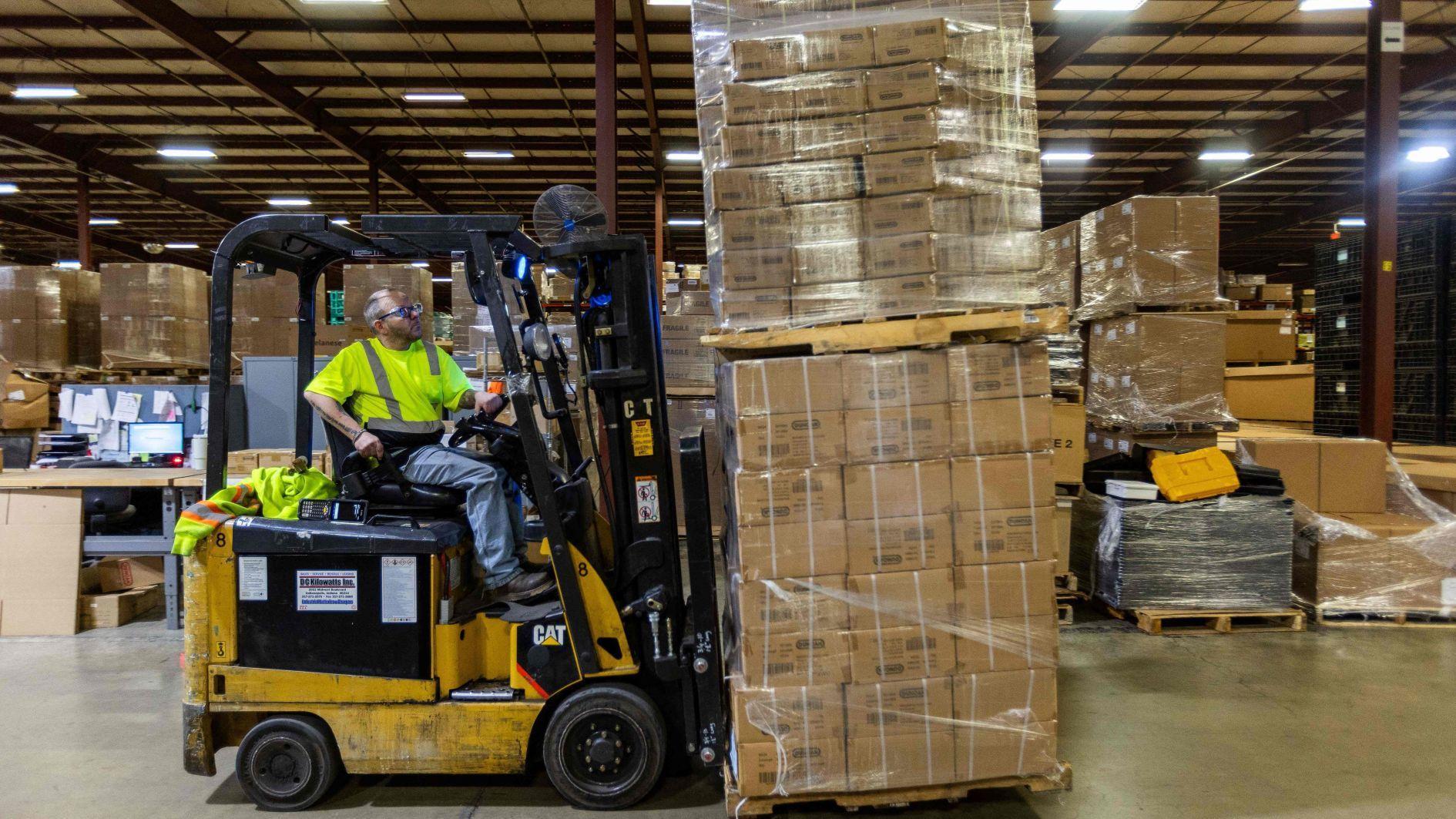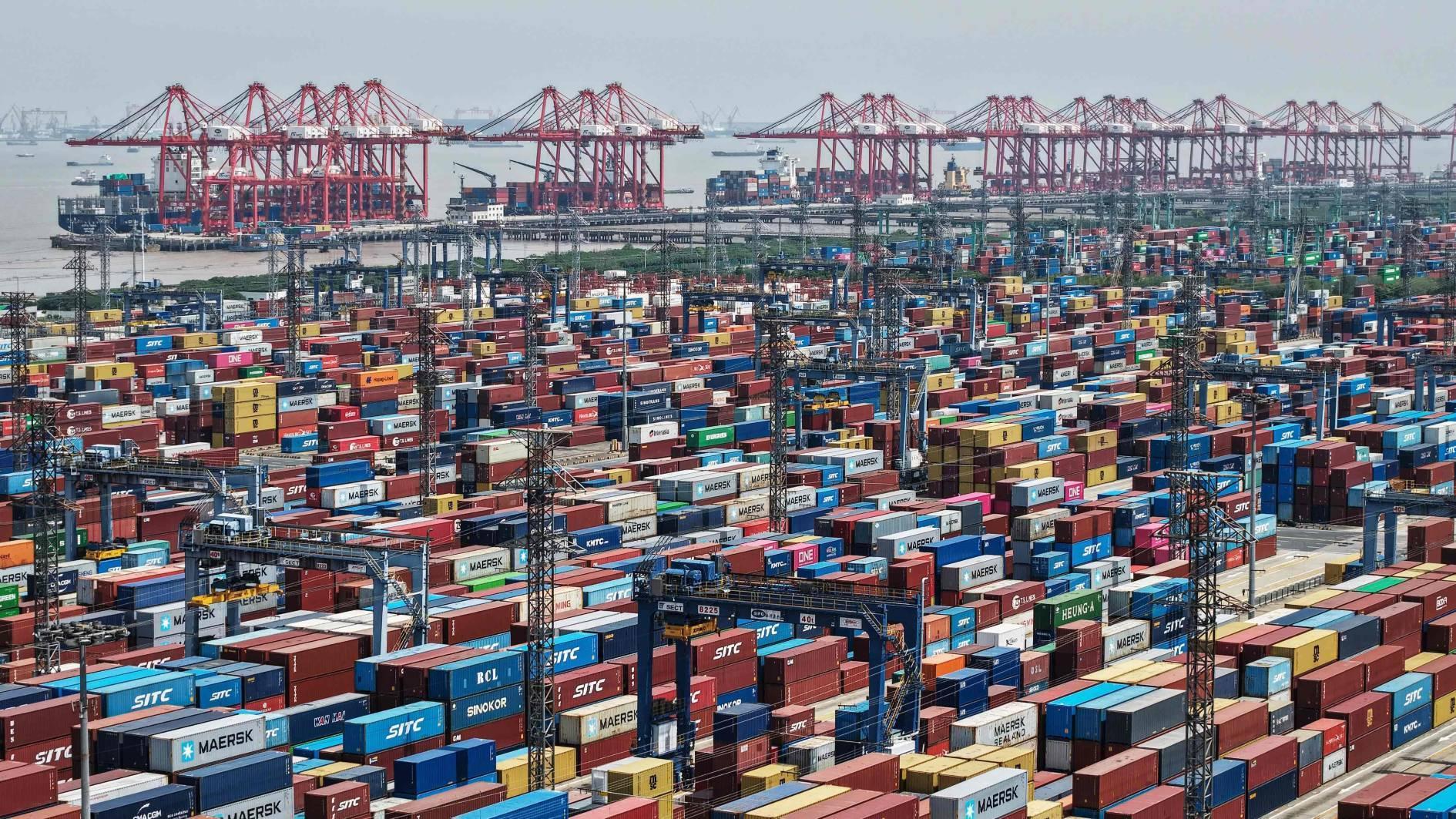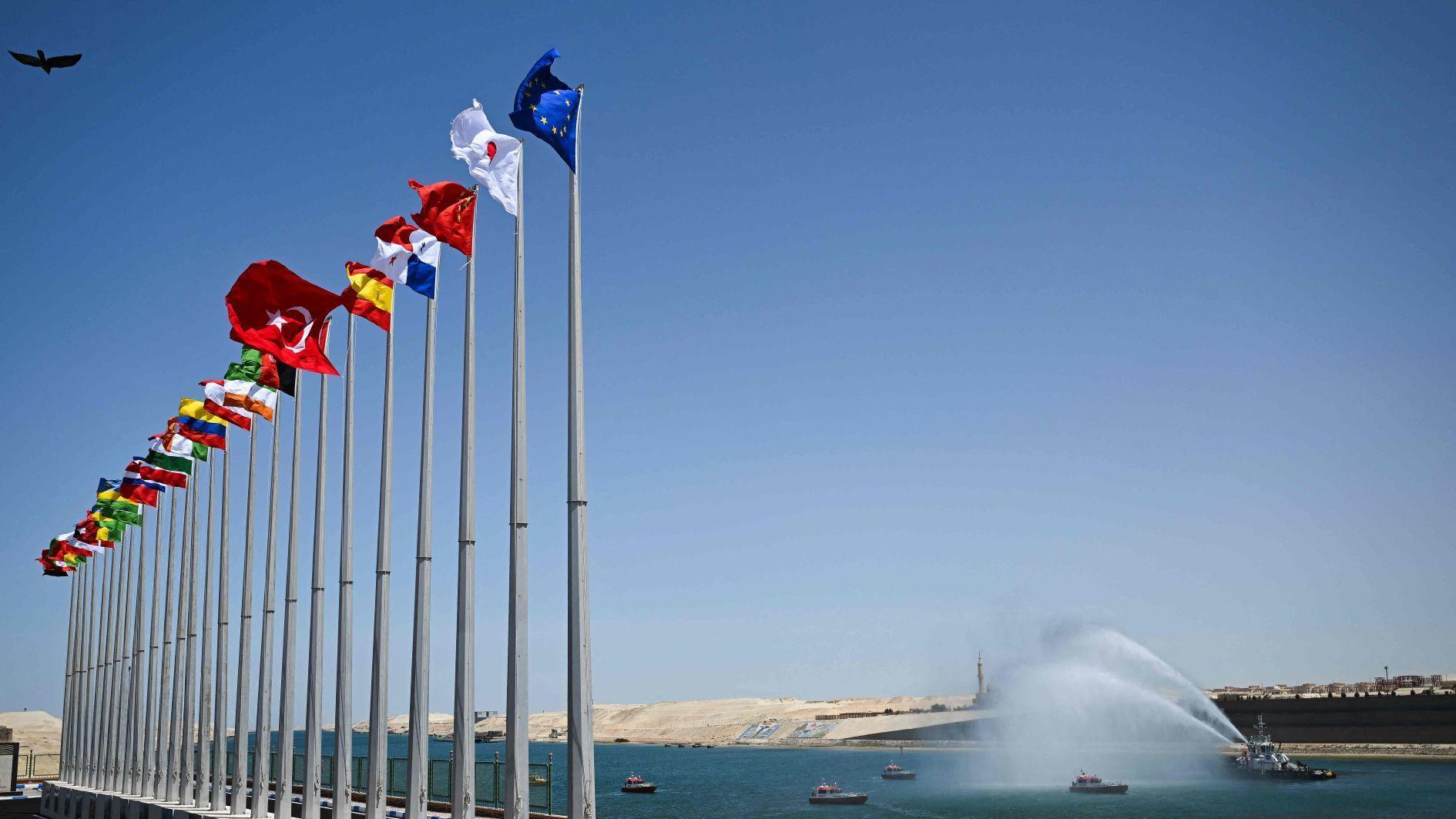More needs to be done to save Marmara Sea, says expert
ISTANBUL
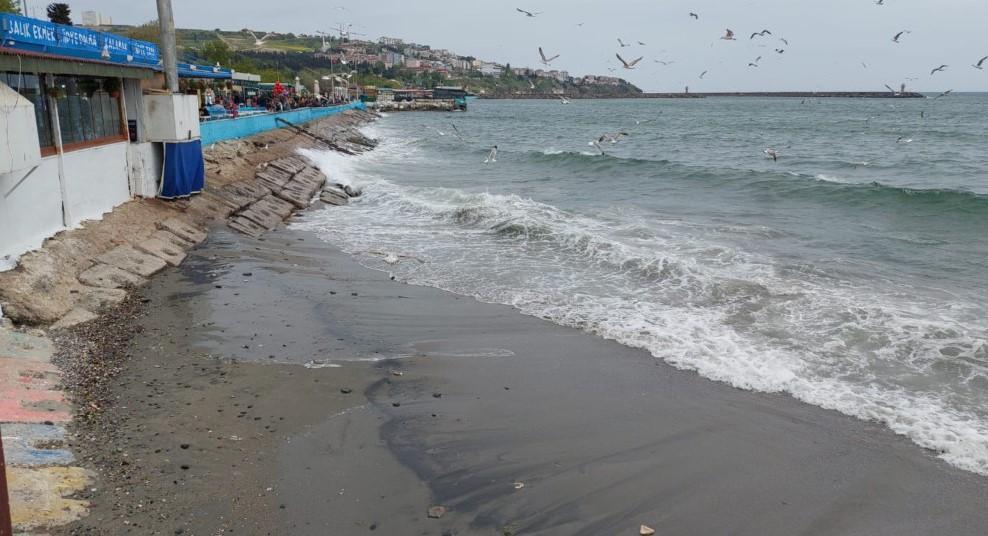
Freeing the Marmara Sea of mucilage does not mean the sea has been saved, as there is still more that needs to be done, the head of the Scientific and Technological Research Council of Turkey (TÜBITAK) has said.
The use of fertilizers and pesticides in the fields surrounding the sea should be stopped, and fishing in the Marmara Sea must be banned, according to Hasan Mandal.
Mucilage, a thick and slimy substance made up of compounds released by marine organisms, surfaced on the Marmara Sea in May last year and invaded a large area in June the same year, alarming marine biologists, environmentalists and officials.
“The sea life, which we wanted to have, is still not there yet,” Mandal said.
Factories discharge waste directly into the Marmara, moreover, chemicals accumulated in the soil are also reaching this inland sea, he explained.
“As happened last year. Heavy rain brought those chemicals to the Marmara Sea, and most of those came from the farmlands. That’s why we need to stop the use of chemical fertilizers and agricultural pesticides immediately. Otherwise, mucilage will never end.”
Mandal added that studies by scientists showed that what recently emerged in the Marmara Sea is not mucilage but something that occurred due to pollens.
It doesn’t mean that mucilage won’t return to the Marmara Sea, he warned, adding, “as mucilage emerges due to the shortage of oxygen and the nitrogen-phosphorus load. Have there been any improvements? No. The oxygen level is even lower this year but we did not have mucilage. We do not know 100 percent what really causes it.”
He stressed that eliminating mucilage does not mean that the Marmara Sea has been saved, adding that the sea life, which was once there, has not been restored yet.
Mandal referred to scientists who suggest that there are now fewer fish species that help prevent mucilage. “They proposed that large-scale fishing should be banned in some parts of the Marmara Sea, where fish migrate and breed.”
He said that the Health Ministry is conducting regular checks to see if the catch from the Marmara Sea could be consumed. “There are some risks for the bottom feeders, but other than those species, people can eat the fish caught in the Marmara Sea.”
Mandal also recalled that the water temperature in the Marmara Sea has risen by 2 degrees Celsius, which rings alarm bells for the sea.



